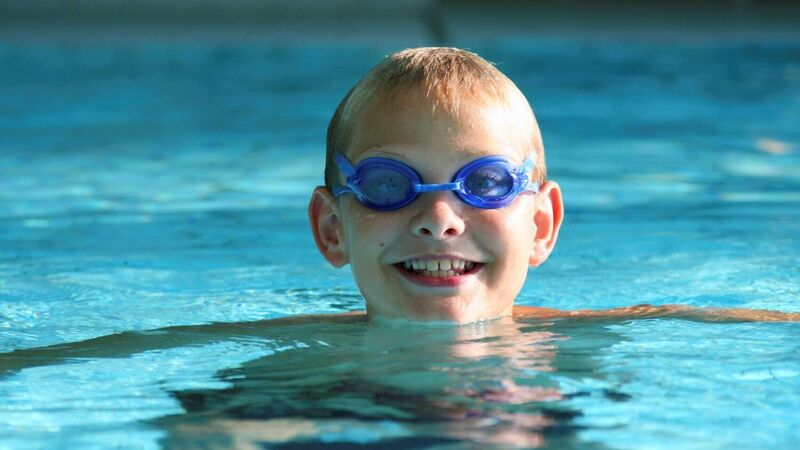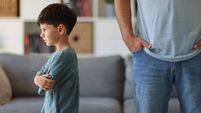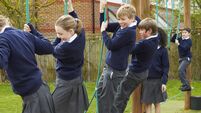Colman Noctor: My children have lost the ability to swim

'I enrolled all three of my children in swimming lessons not because I had any designs on any of them becoming Olympians, but because I was feeling the pressure from other parents.' Picture: iStock
‘I don’t understand why this is happening Dad, I could do this the last time’.
My 11-year-old son and I are in the swimming pool for the first time since early 2020. He is exacerbated, trying to make sense of how he has lost his ability to swim and it's difficult to watch him struggle to re-master it.










